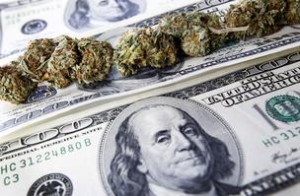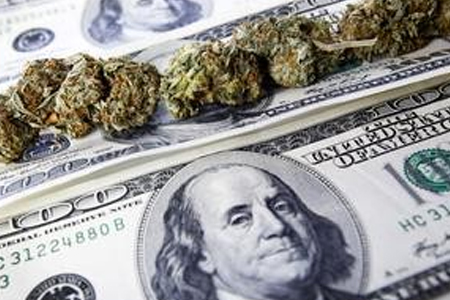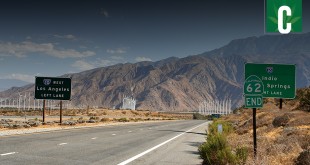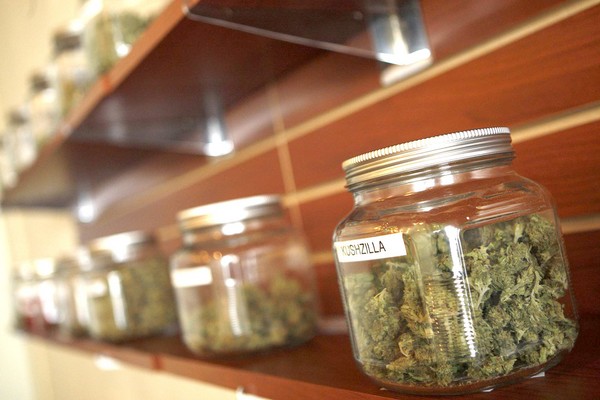A struggling desert town in Riverside County, long a hostile place for medical marijuana patients, is turning to an unlikely ally in the fight to keep its police department alive: MMJ.
 Leaders of the City of Desert Hot Springs, located in the Coachella Valley two hours east of Los Angeles, could move to re-legalize medical weed dispensaries so they could tax them and generate revenue for the police force.
Leaders of the City of Desert Hot Springs, located in the Coachella Valley two hours east of Los Angeles, could move to re-legalize medical weed dispensaries so they could tax them and generate revenue for the police force.
The city council has scheduled a vote for August to determine whether they will impose a heavy tax on medical cannabis. And they plan to lift a 7-year-old ban on pot shops.
City Could Reverse Ban
The marijuana tax would include at least one, possibly all of three components: a 10 percent sales tax, a 5 percent tax on cultivation, and a $50,000 permit fee.
The ban on dispensaries has been in place since 2007, when council members moved to bar a small new pot shop that opened in the middle of the city. The shop moved to Palm Springs, where it does strong business.
Jim Camper, who owns Organic Solutions in Palm Springs, said he might bring the shop back to Desert Hot Springs if officials remove the ban. But he called the city’s turnaround ironic. Since he first showed up, the city has treated him like a criminal. Now he could be a municipal necessity.
“It’s just hilarious,” Camper said. “It just shows you that more and more, society is going this way. Middle America is turning to pot. You see it everyday.”
Medical Weed Could Be Last Hope
Desert Hot Springs needs the money. Once a busy destination for tourists seeking a desert oasis, the city now draws few outsiders. The economy is in tatters, and the crime rate is double the national average.
The city has already declared bankruptcy once, in 2001, and it could happen again. Officials made deep cuts to services last year to avoid that possibility. The police department costs Desert Hot Springs about $6.4 million a year, more than 40 percent of the yearly budget.
Council members considered contracting with the Riverside County Sheriff’s Department to patrol the city, but decided to try to save the local police department instead.
Plan Has Opposition
 Not everyone is on board with the proposed MMJ tax, however. The city has a relatively strong anti-marijuana presence, and they don’t want to see the return of dispensaries.
Not everyone is on board with the proposed MMJ tax, however. The city has a relatively strong anti-marijuana presence, and they don’t want to see the return of dispensaries.
Judy Shea, a resident who works for an addiction rehab program, told council members they should raise the city’s general sales tax rather than rely on money from the cannabis industry.
“Yeah, the city will get millions of dollars in revenue, but it’s going to hurt the overall population,” Shea said. “We’ve worked hard to clean up this town, and now we’re going to cause more drug addiction.”
 California Marijuana Market Breaking "Marijuana News" from CA
California Marijuana Market Breaking "Marijuana News" from CA




